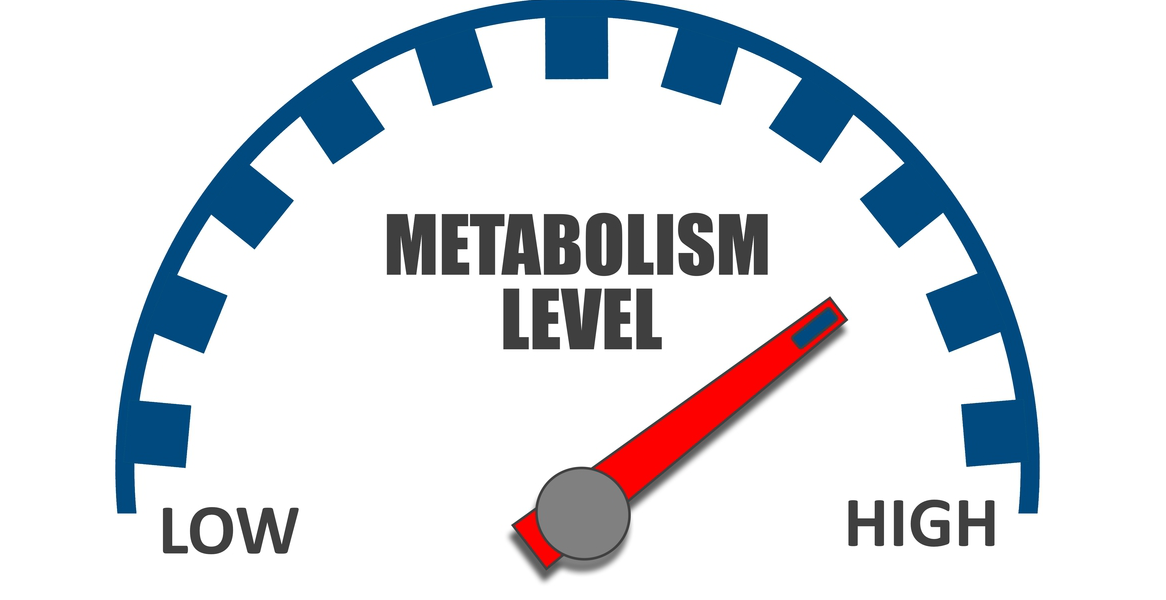I have known for quite some time that my system just wasn’t totally efficient, as I could eat an above average amount of food and not gain weight. While many might envy having this problem, my unusually high metabolic rate was actually a bad sign.
Many (pretty old!) studies have shown that Type 2 diabetics actually have a higher resting metabolic rate than non-diabetics and the high metabolic rate is associated with the progression of the disease.
Examples:
- Metabolic factors contributing to increased resting metabolic rate and decreased insulin-induced thermogenesis during the development of type 2 diabetes. (1999)
- Increased 24-h Energy Expenditure in Type 2 Diabetes (2004)
- Increased resting metabolic rate in patients with type 2 diabetes mellitus accompanied by advanced diabetic nephropathy (2004)
More recently, it was discovered that with no changes in body type, this resting metabolism rate doesn’t respond to interventions, such as interval or continuous training either in an attempt to reduce it. In other words, this high metabolic rate is pretty stubborn!
So far, I’ve completed 17 fasting days (19 total days) here at my second stay at Buchinger Wilhelmi. I started at roughly the same weight (actually 2 lbs heavier!) as last time, and I am losing weight at roughly the same rate. After 19 days, I’m down 8.5kg (18.7 lbs). Last time, by Day 19, I was down 7.9kg (17.4 lbs).
So why is this significant? I had noticed how easy it was for me to gain all my weight back after fasting. I was hoping my resting metabolism had slowed — a potential sign of reversal of the disease. Seeing my weight loss patterns with fasting this second time, this is apparently not the case!
Still the aim for this second round of fasting is to get the benefits of autophagy and mitophagy from the fasting as well as the benefits for promoting the diversity of my gut bacteria.
Something has changed in me given my fast return to normal blood glucose levels and blood sugar in a shorter amount of time. However, resting metabolism doesn’t appear to be one of them…

Interesting. Do the fasting really has many other health benefits but not the one that you had hoped for? Am I understanding what you are concluding? Also, how else can you change your resting metabolism rate? Is it the types of food you eat? For me, I guess I want to increase my resting metabolism rate in order to lose weight? Is that what you are finding?
Amy, thanks for following the blog! Yes, I believe that fasting has the other benefits — both for the gut microbiome and to promote autophagy (subecellular repair). There are other benefits for the metabolism, but they are related to changes in body composition — not yet reversal o the disease.
With respect your question, the best way to increase your resting metabolism is basically by changes in body composition. Strength training is important because muscle burns more than calories at rest than fat. Also, sprint interval training has been shown to increase metabolism. I am not aware of healthy ways to substantially increase your metabolism with food.